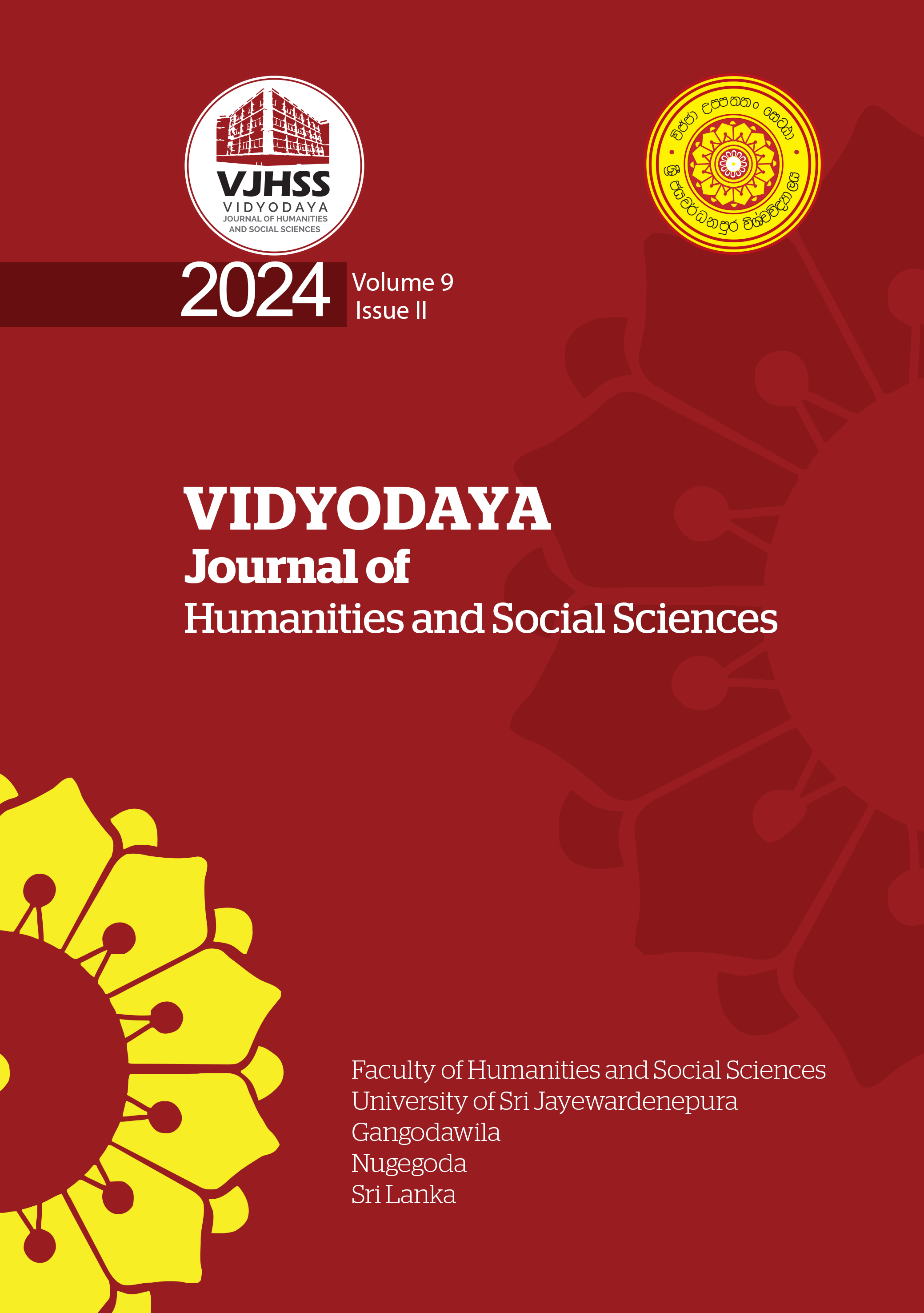The Role of Extensive Reading-Based Activity Approach in Developing Speaking Skills of Second Language (English) Adult Learners
Abstract
Although structural rules are taught in a second language (English) classroom, second language learners’ speaking skills cannot be improved until they are exposed to the language and provided opportunities to practice it in a pedagogical environment. Extensive reading may help learners to be exposed to the target language and identify the use and function of structural rules in authentic situations. Additionally, activities based on extensive reading may help learners practice speaking in the pedagogical environment with peers. As a result, this intervention study was conducted to investigate the viability of employing extensive reading and such a reading-based activity approach in developing the speaking skills of second language (English) learners. The study was conducted for 48 hours with 60 second language adult learners in one of the public universities in Sri Lanka. Participants were divided into two groups: experimental and control. Both groups were taught precisely the same material by the same instructor. However, the experimental group (N = 30) participated in extensive reading-based classroom activities, whereas the control group (N = 30) did not. The speaking evaluation was conducted based on a standardized rubric by two evaluators. When the results of the two groups were compared, it was indicated that exposure to the target language through extensive reading and reading-based activities in the classroom has a significant effect on developing the speaking skills of adult second language learners. The results further indicate that when learners are provided more opportunities to be exposed to the target language and participate actively in reading-based activities in pairs or groups in the classroom, they can enhance their speaking skills. Therefore, an extensive reading-based activity approach can be suggested as an effective and useful instrument for developing ESL speaking skills.



